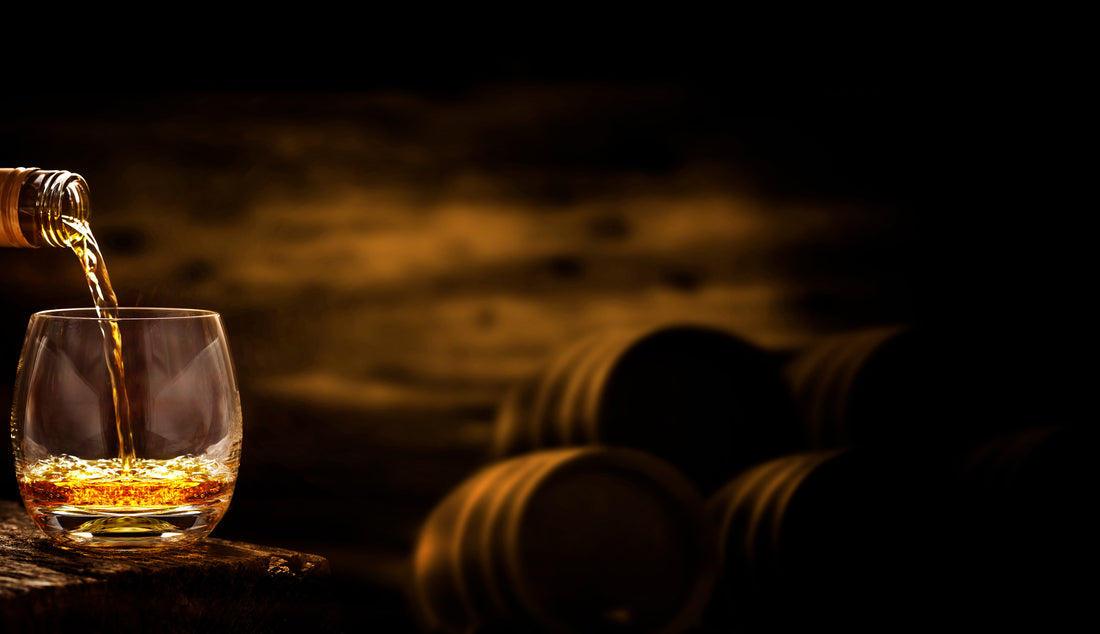
Bourbon. It's The Law. by Vince Matal

The greatest question or discussion you will have when you start discussing your new obsession with bourbon will be, “What is bourbon?”. The simple answer is that bourbon is a type of whiskey. Therefore, all bourbons are whiskey, not all whiskies are bourbon. Ta-da.
The real answer is much deeper and, to be honest, much more interesting.
May 4th, 1964. As a bourbon lover, you should have that etched into your favorite glass. That is the day that Congress passed a joint resolution making bourbon a “distinctive product of the United States”. In addition, Title 27, Chapter 1, Subchapter A, Part 5, Subpart C, Section 5.22 of the Code of Federal Regulations (say that 5 times fast) states that for a product to be called bourbon, it must be:
- Produced in the United States
- Made from a grain mixture that is at least 51% corn
- Aged in new, charred oak containers
- Distilled to no more than 160 proof (80% alcohol by volume)
- Barreled at no more than 125 proof (62.5% alcohol by volume)
- Bottled at 80 proof or more (40% alcohol by volume)
- To be labeled “Straight Bourbon” is must age for a minimum of two years.
Here is what that DOESN’T say. It doesn’t say it has to be made in Kentucky, though roughly 95% of the bourbon made today is made in the Bluegrass State. It doesn’t say that it must be aged in white oak. It doesn’t say it has to be in barrels. There is no time requirement for charring the container. There isn’t an aging requirement to be labeled bourbon. What this means is this: if it meets the 51% corn, no more than 160 proof off the still and no more than 125 proof in the barrel, you could put your distillate in a box made of sawtooth oak that you held a lighter to for 15 seconds and leave it in there for 1 minute and call it bourbon. You would get laughed out of town, yes, but legally you can call it bourbon.
So, there you go: the legal definition of bourbon. It is that simple…. or is it? Jack Daniels…is it bourbon? What about blends or “finished” bourbons? Are they still bourbon? What is bottled-in-bond and why does it matter? We will address those questions, and more, in future articles. Until then, cheers!
